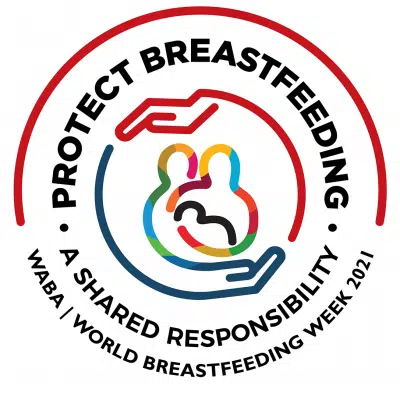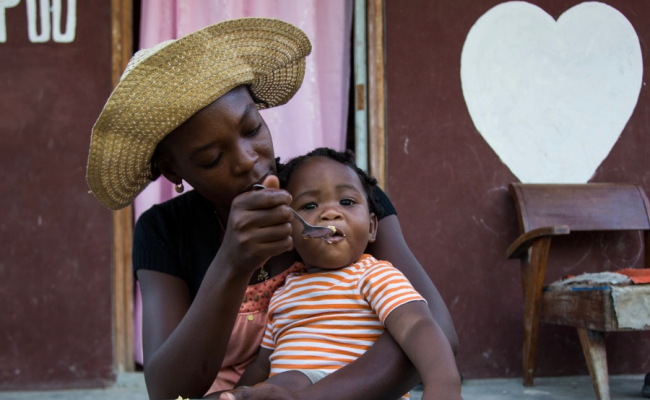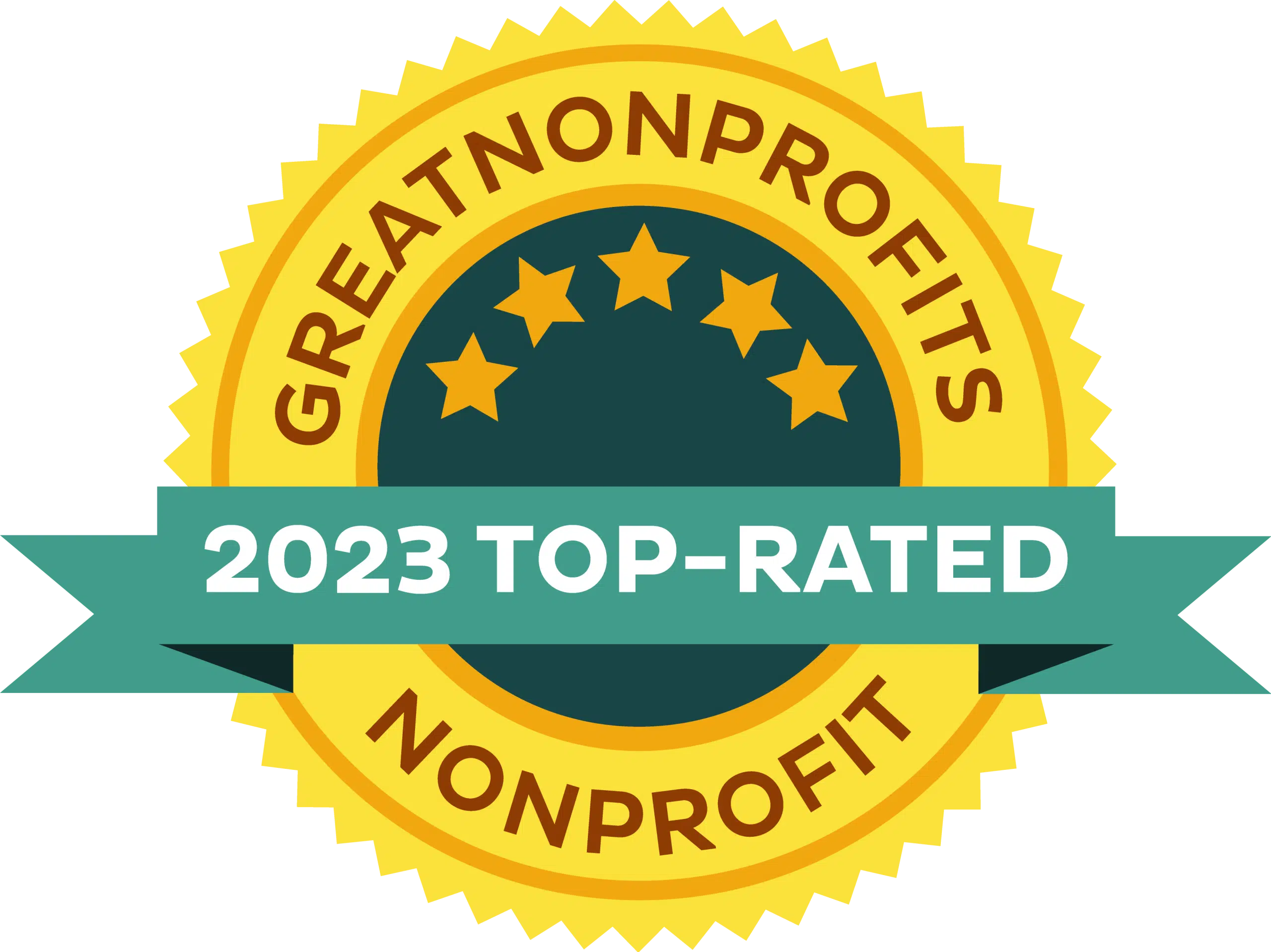In observance of World Breastfeeding Week during the first week in August each year, Partners’ USAID-funded RANFOSE project in Haiti recognizes that breastfeeding saves lives, improves health, and contributes to social and economic development.
Appropriate maternal nutrition has positive benefits for the breastfed child. Consumption of fortified foods is one way for breastfeeding mothers to increase their micronutrient intake.
RANFOSE (Ranfòse Abitid Nitrisyon pou Fè Ogmante Sante) aims to address the continuing problem of micronutrient deficiencies in Haiti by using a multipronged, participatory approach to identify major constraints and target key stakeholders in the public sector, private sector, and civil society to stimulate a sustainable national program for fortified staple foods.
The program advocates for a commitment from the Haitian government and health actors to establish an environment where parents receive the necessary support from public policies, health centers, workplaces, and communities for the protection of breastfeeding.
Importance of Fortified Foods for Breastfeeding
Aligned with the United Nation’s Sustainable Development Goals, the annual World Breastfeeding Week is a global campaign to raise awareness and galvanize action on themes related to breastfeeding.
Breast milk is perfectly adapted to the needs of the infant. Proteins, fats, and carbohydrates from breast milk are more easily absorbed than those from dairy milk. Certain proteins play an important biological role in the growth, immunity, and protection of infants against infectious pathologies. Certain enzymes in breast milk compensate for the immaturity of the baby’s digestive system. In addition, breast milk is rich in essential fatty acids for cerebral and retinal maturation.
The composition of breast milk evolves as the nutritional needs of the nursing child change. Variations in the mother’s diet can influence the nutritional composition of certain elements of breast milk such as iodine, selenium, and vitamin A and B vitamins. Breastfeeding mothers have increased nutritional requirements.
Therefore, an adequate diet is needed to maintain the health of the mother and for the production of milk in sufficient quantity and quality to meet the needs of the newborn. Fortified foods increase the micronutrient intake in the mother with benefits for the breastfed child. Studies have shown an increase in zinc, iron, folate, and vitamin B12 in breastfeeding women who consume fortified foods.
Breastfeeding: A Shared Responsibility
Breastfeeding is not a closed-loop between mothers and babies but rather an experience and responsibility that must be shared. Therefore, public health interventions in Haiti should target different levels:
- Mothers, fathers, godmothers, or any other family member who accompanies breastfeeding mothers should be equipped to understand the importance of breastfeeding and its benefits for the health and development of the child;
- Fathers also have a role to play in supporting mothers emotionally and in decision-making;
- Grandmothers/mothers-in-law should also be targeted because they can pass on to parents their positive or negative experiences, which can influence their breastfeeding decision-making;
- Employers must provide mothers with the necessary means to continue breastfeeding after maternity leave;
- In the context of the current pandemic, despite the risks of coronavirus contamination, the World Health Organization (WHO) recommends keeping mothers and children together and continuing breastfeeding;
- National laws should regulate the large-scale promotion of breast milk substitutes in order to protect breastfeeding. At the same time, they must emphasize the need for workers to have access to paid maternity and paternity leave;
- Pediatricians, midwives, doctors, and all other health care providers should engage in the promotion of breastfeeding and work to create a favorable environment in health institutions and local communities;
- Breastfeeding should not be viewed as provocative or shameful; Transport, cafes, restaurants, and public places must treat breastfeeding mothers with respect;
- The Haitian food industry should produce and disseminate foods appropriately fortified with iron, folic acid, vitamin B, zinc, iodine, and vitamin A.
Learn more about RANFOSE here.






